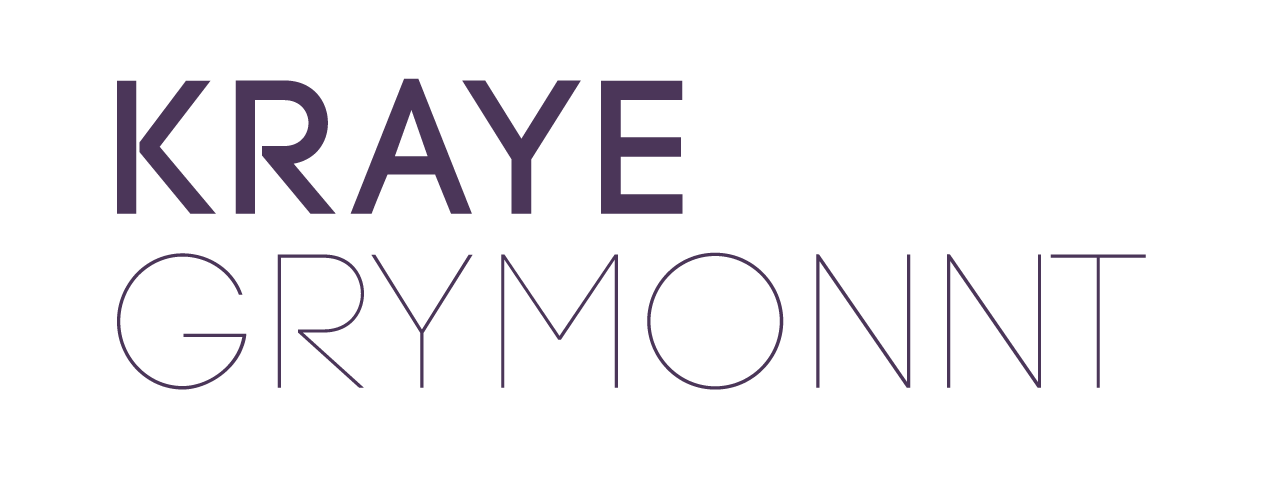Want a different human experience?
/Another interesting difference in Dojo’s philosophical approach to “work” showed up yesterday. Well, I don’t know what actually showed up for the other, this is my meaning-making of it.
One of Dojo’s core philosophical beliefs is that we are points of consciousness having a human experience.
The only way for a point of consciousness to have a human experience is to put on a human suit.
A human suit is a character.
Though this character, the point of consciousness can have a human experience.
Want a different human experience?
Change the character that you are enlivening.
Or enliven just a part of another character.
It’s a very potent POV.
Which is why most of the beginning work in Dojo isn’t about that.
White Belt stuff is about the what-is of your character, PC and un-PC.
Once you’ve KOODed that for a bit, then you can take up trying new stuff on, stuff that is not native to your primal character.
From that perspective, Dojo can be seen as extremely functional in outlook, “What do you want to have happen and what do you want to experience?”
Once you’re out of the first part of White Belt, that’s what drives the investigation, that’s what drives the creation of exercises, that’s what drives the learning of new vocabularies, new skill sets, new values.
“What do I want to have happen and what do I want to experience?”
There is nothing left to defend.
There is nothing left to uphold.
There is nothing left to fight for.
In terms of your character.
It is NOT about, “What is true for my character?” (unless you’re doing WB exercises)
This is not going to sit well with those who are about, “What is your truth?”
From a Dojo POV, truth is relative to the character that you are enlivening.
ESPECIALLY, personal truths: I like this, I don’t like that, I am this way, I am not that way.
It’s just a character suit.
If you don’t like the results that your character is getting, change your character.
Get the results that you want to get.
Or is it, “I want the results that I want while remaining this character”?
“I want to win tennis tournaments.”
“Well, learn how to play tennis.”
“I don’t want to learn how to play tennis. And I still want to win tennis tournaments.”
“…..”
“I want to be treated with respect.”
“Well, do something that has people respect you.”
“I don’t want to do anything that will have people respect me. And I still want to be treated with respect.”
“…..”
(In my world, politeness and respect are two different thing. In my world, politeness is a given and respect is earned. Both are very heavily influenced by larger and smaller cultures.)
I think it’s an interesting POV, “I want people to change how they be with me in such a way that I get what I want without me changing. I shouldn’t have to change to get what I want.”
In Dojo, it’s all about the “I”, the character that you are choosing to enliven.
You enliven certain characters, certain parts of certain characters, to get what you want.
If you’re not getting what you want, it’s not up to “them” to change, it’s up to me to choose which character to use to get what I want in the manner in which I want it.
If I want respect from a certain sub-culture, what do I have to do/be such that that happens.
If I want love from a certain sub-culture, what do I have to do/be such that that happens.
If I want deep, intimate connection with a certain sub-culture, what do I have to do/be such that that happens.
No guarantees.
That’s why it’s called, “practice”.
I think that “strong-preferences/demands” (value-positive and/or value-negative), especially in relationshipping, are about hiding the dark holes in our psychologies. The things we have been taught “should not be”.
